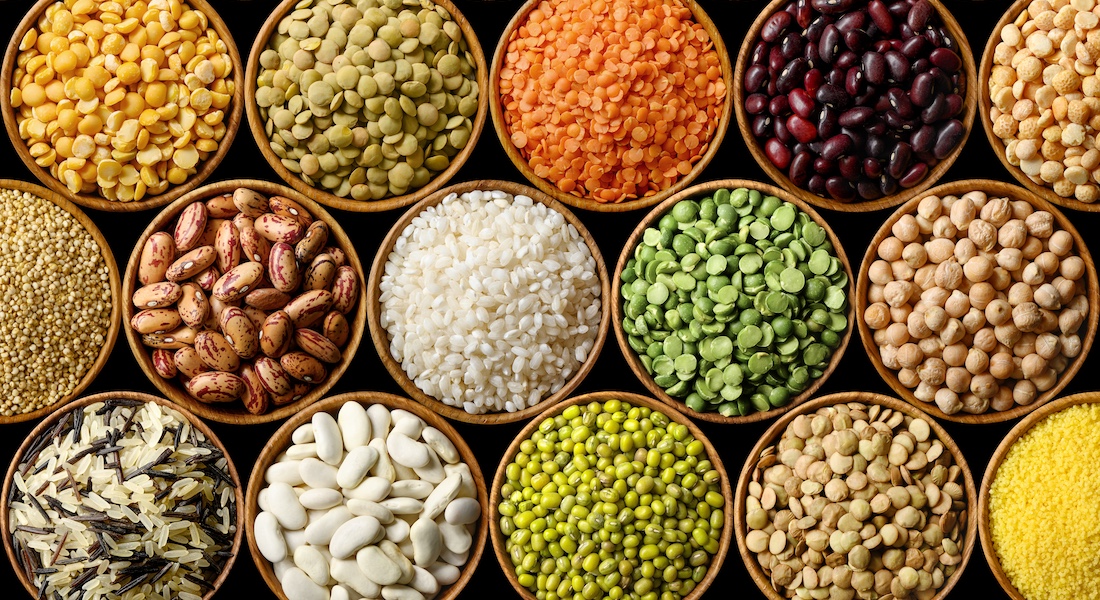Exploring the role of root microbiome in plant domestication
Thanks to a new Research Leader grant funded by the Novo Nordisk Foundation, Assistant Professor Jazmín Ramos Madrigal will receive 10 million DKK to dive into the pivotal role of the root microbiome in plant adaptation and evolution during domestication to breed more resilient crops in the future.

Crucial interactions in agriculture
Jazmín Ramos Madrigal's research focuses on plant evolution under domestication and this project will focus on legumes, a group of plants known for their ability to form specialised root structures called nodules that house beneficial bacteria. These interactions between plants and microbes have been crucial in the development of agriculture and complex societies.
“The aim of the project is to show that plants and their root symbionts coevolved during the domestication process. During domestication plants had to adapt to different environments as humans dispersed them away from their native ranges, while also contending with human selection as we shaped them to be the crops that we eat today, so domestication is a great way to explore how plants and their root microbiomes helped each other to adapt. “ Jazmín explains.
An innovative approach
The project is based at Center for Evolutionary Hologenomics, Globe Institute and aims to uncover the evolutionary processes that have shaped the symbiotic relationships between legumes and their root bacteria. By examining the genomes of both ancient and modern wild and domesticated legumes and their symbionts, Jazmín hopes to identify key genetic regions involved in adaptation. The study will trace these interactions over time, pinpointing when selection occurred and identifying any symbiont replacements.
“This project is innovative in two ways. First, we will reconstruct the genomes of symbiotic bacteria from ancient bean seeds, so we will be able to trace the evolution of the plant-root microbes symbiotic relationship in real time. Second, we will bridge two traditionally disconnected aspects of the same question: the study of plant evolution during domestication and the study of the plant-root microbiome interaction.” says Jazmín.
A future with more resilient crops
This comprehensive approach combines comparative genomics with ancient DNA sequencing, allowing Jazmín to develop an integrative model of plant evolution under domestication. By understanding how these plant-microbe partnerships evolved, the research could lead to innovative solutions for modern agriculture, particularly in the face of climate change.
“I am convinced that domestication is a great model where we can learn how plants and their root microbes helped each other to adapt to different challenges. By identifying what was important during their adaptation, we can learn how to make better use of microbes in agriculture.” Jazmín ends.
This project will provide a means for replicating evolutionary solutions and understanding the intricate relationship between plants and microbes, bringing us closer to enhancing crop resilience and productivity and thereby achieving a more robust and sustainable agriculture.
Read more about the project and grant here.
Contact:
Assistant Professor Jazmín Ramos Madrigal
